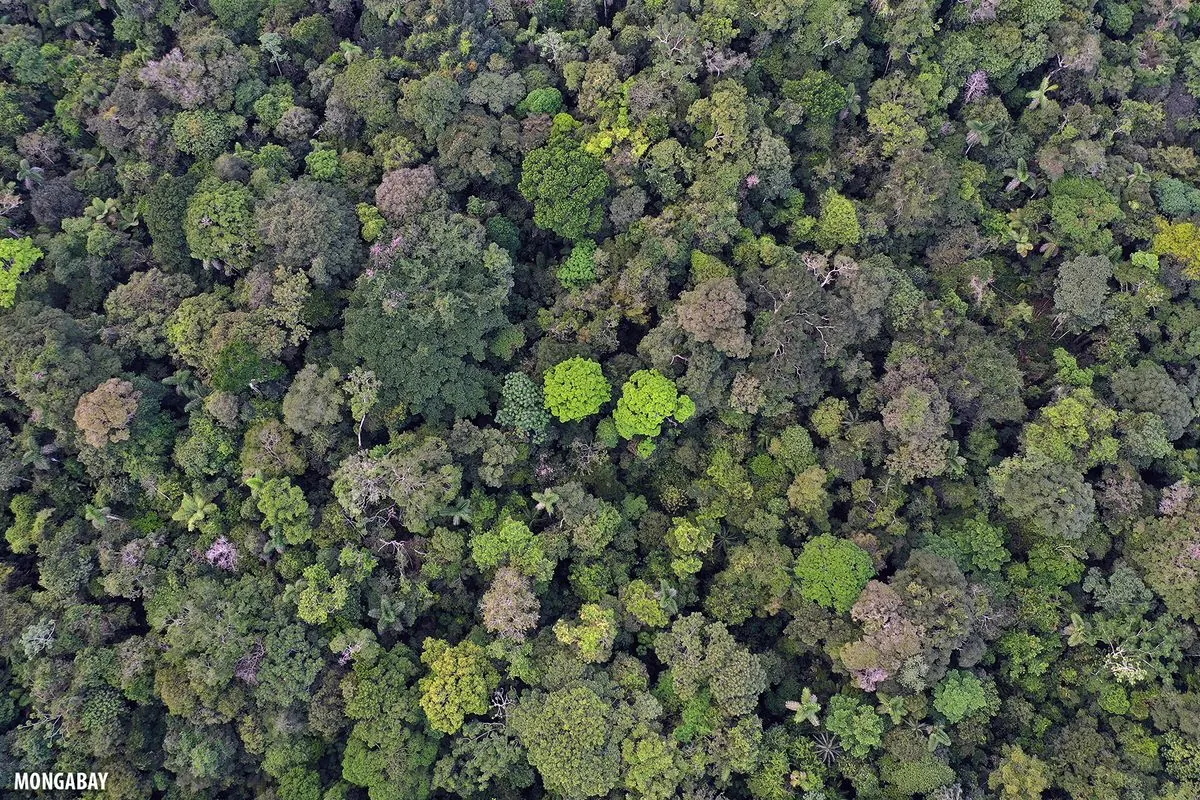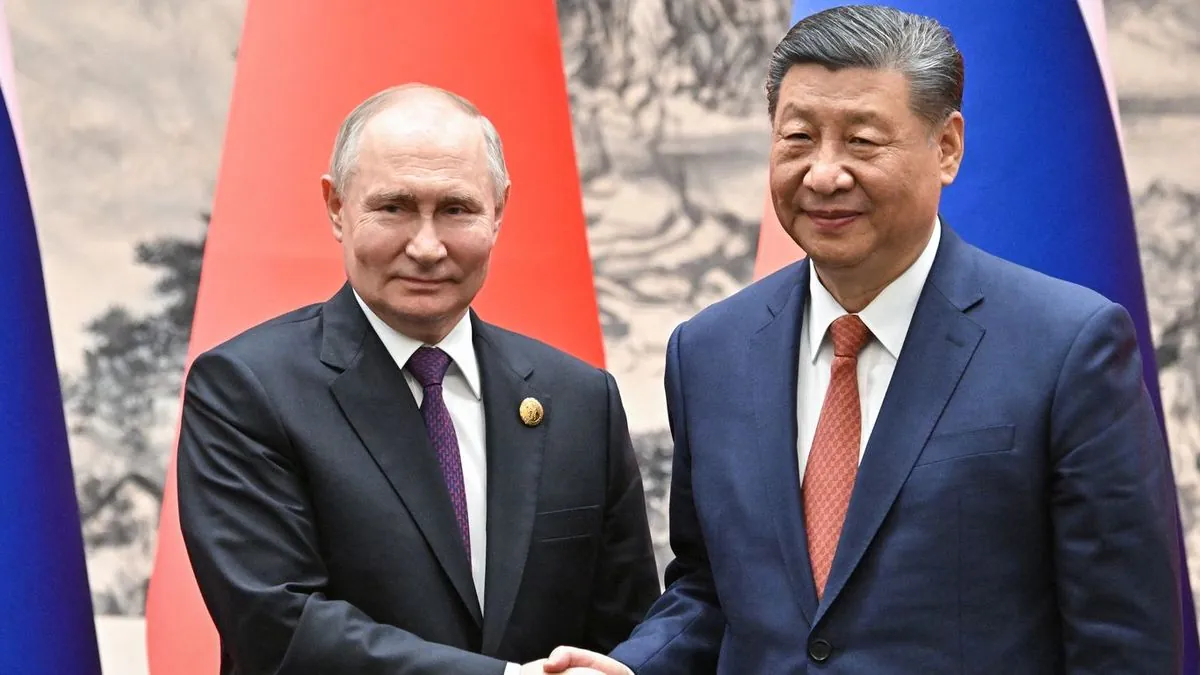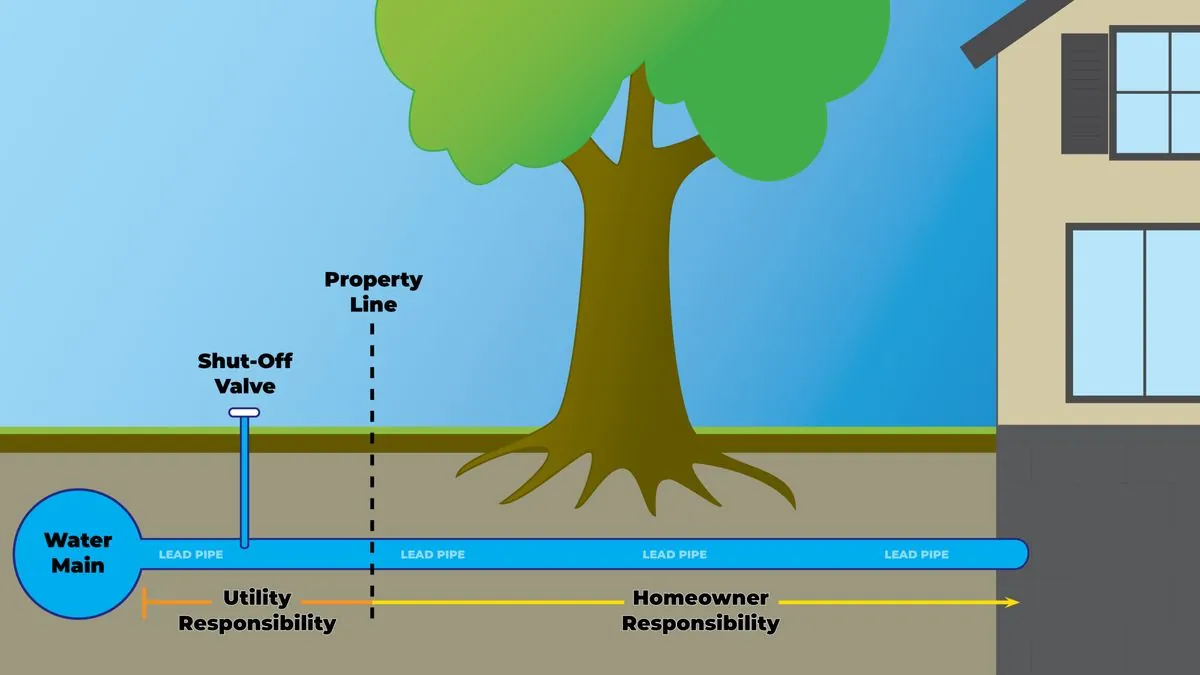Colombia Seeks German Debt Swap to Fund $40 Billion Climate Plan
Colombia engages Germany in debt-for-nature swap talks to finance its $40 billion climate transition plan. The initiative aims to shift from fossil fuels and enhance environmental protection.

Colombia, the second most biodiverse country globally, is actively pursuing a debt-for-nature swap with Germany to fund its ambitious $40 billion climate adaptation plan. This initiative, launched in September 2024, aims to transition the nation away from fossil fuels and bolster environmental protection efforts.
Luis Gilberto Murillo, Colombia's Foreign Minister, revealed that discussions between Colombian President Gustavo Petro and German Chancellor Olaf Scholz have been ongoing for some time. The talks are progressing positively, with Murillo noting "tremendous political will" from both sides. However, he refrained from providing a specific timeline for the potential agreement.
Debt-for-nature swaps, a concept originating in the 1980s, have gained popularity as a means for emerging economies to fund conservation efforts. These deals involve replacing existing debt with more affordable options, allowing savings to be redirected towards environmental protection. This approach is particularly relevant for Colombia, where the Amazon rainforest covers approximately 35% of the country's territory.
Colombia's Environment Minister, Susana Muhamad, previously stated that the $40 billion funding target would be sourced from various channels, including private-sector investments and credit lines from public banks. This diverse funding approach aligns with Colombia's commitment to the Paris Agreement and its goal of reducing greenhouse gas emissions.
Murillo emphasized the need for increased international support for developing countries' climate initiatives. He highlighted the challenges posed by high debt levels and borrowing costs, which hinder climate action efforts. The Foreign Minister called on the International Monetary Fund (IMF) to enhance its environmental funding, suggesting a response similar to the COVID-19 pandemic when the IMF made $650 billion available to boost global liquidity.

Colombia's push for climate action is set against a backdrop of remarkable natural diversity. The country boasts over 1,900 bird species, the highest number worldwide, and its Andes Mountains are home to approximately 3,000 orchid species. The Sierra Nevada de Santa Marta, the world's highest coastal mountain range, further exemplifies Colombia's unique ecological landscape.
While Colombia seeks to transition away from fossil fuels, its economy currently relies heavily on oil exports. This shift aligns with global trends, as exemplified by Germany's commitment to carbon neutrality by 2045 and its leadership in renewable energy, particularly wind and solar power.
In addition to climate initiatives, Murillo addressed Colombia's role in regional politics, particularly concerning Venezuela. Colombia, sharing a 2,219 km border with Venezuela, has been leading efforts alongside Brazil to ensure fair Venezuelan presidential elections. Murillo described Colombia's approach as "quiet diplomacy," maintaining communication channels with both the Maduro government and the opposition led by Maria Corina Machado.
"We are not soft on Venezuela, but we are realistic."
As Colombia navigates these complex environmental and diplomatic challenges, the potential debt-for-nature swap with Germany represents a significant step towards sustainable development and climate resilience. The success of this initiative could set a precedent for similar agreements between developed and developing nations, fostering global cooperation in the fight against climate change.


































